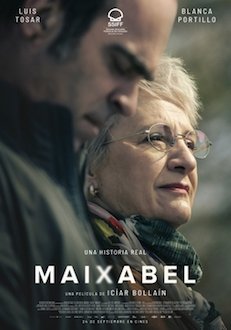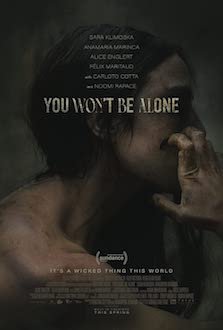Direction: Lemohang Jeremiah Mosese
Country: Lesotho / South Africa / other
41-year-old filmmaker Lemohang Jeremiah Mosese was born in Lesotho, a small country entirely landlocked in the territory of South Africa. Being the first representative of his country in terms of cinema, he stands out with This is Not a Burial, it’s a Resurrection, a remarkable work in which he directs a mix of professional and non-professional actors. The heroine of this poignant meditation on the new and the old, tradition and capitalism, birth and death, is the 83-year-old South African actress Mary Twala, who commands the screen with authenticity and simplicity.
She is the forever-mournful Mantoa, the oldest person in Nasaretha, a small remote village nestled in the mountains of Lesotho. When the construction of a dam threatens to submerge the valley and the graves of her ancestors, Mantoa takes the lead, becoming a fierce symbol of resistance in her community. The poetic and moving portrait of this woman and her people is enhanced here by the beautiful natural settings. Judge the magnificent shots for yourself. Some of them feel almost biblical, like the one with the old woman surrounded by sheep in the ruins of a house consumed by fire; or the one she dresses up with clothes given to her by her late husband, waiting and praying for her day to come.
Hypnotic and haunting from start to finish, the film is ultimately so genuine it's hard to resist. The tragic story it holds deeply shakes, provoking a deep feeling of injustice and helplessness. We feel we are seeing a fair attempt to deal with real facts, a world ready to collapse at any moment. All my heart was with Mantoa, an admirable fighter whose courage is unforgettable. This is a lucid and rare survival cry.








































